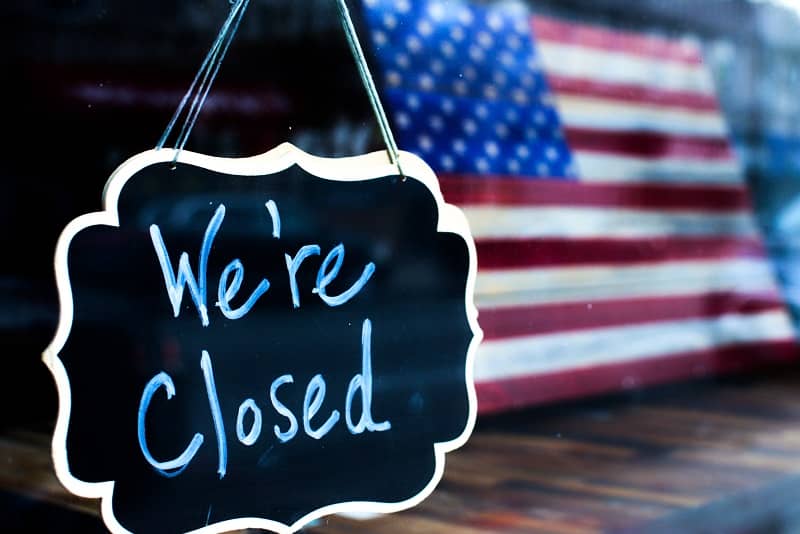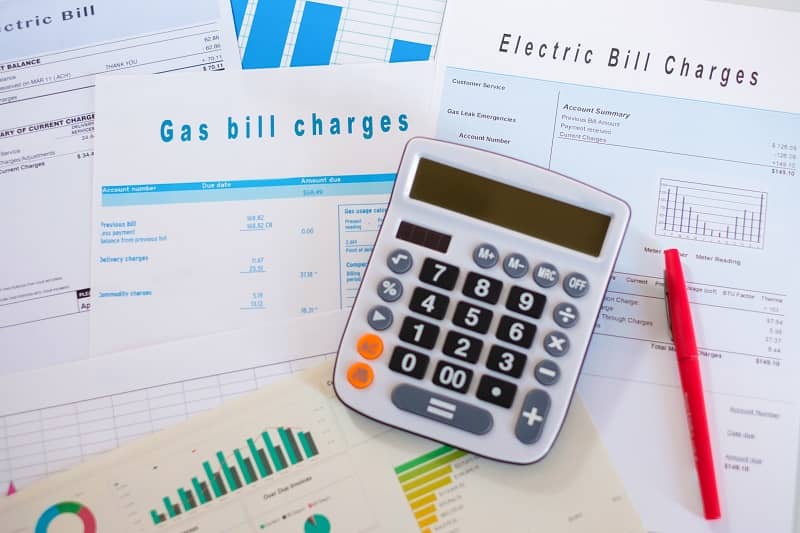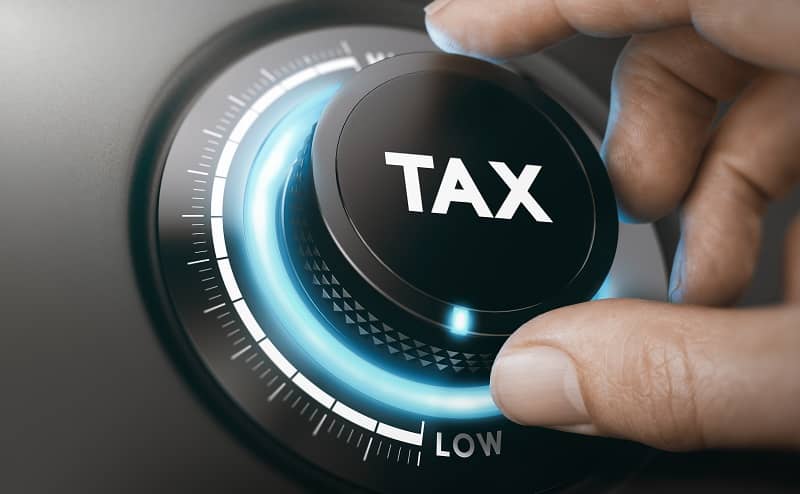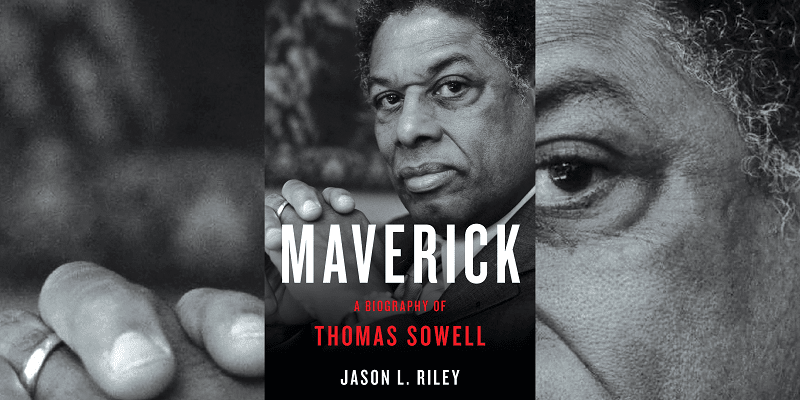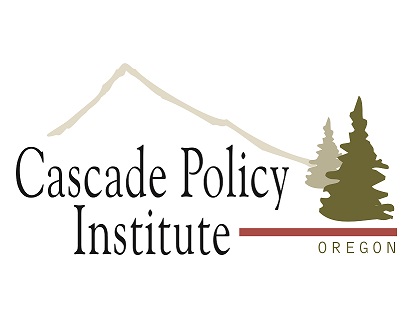Oregon is known as a small business state. Few large corporations are headquartered here, and current policy debates in the legislature and measures headed for the November ballot threaten to make our state even less friendly to business than it already is.
Two recent publications document how bad the outlook for Oregon’s economy is now. The Eighth Annual Rich States, Poor States report from the American Legislative Exchange Council calculates every state’s Economic Outlook based on fifteen public policies under state control such as personal and business tax levels, minimum wage rates, and Right to Work status. On this scale, Oregon has slipped from 35th in 2008 to 45th today.
The Small Business Policy Index for 2016, published by the Small Business and Entrepreneurship Council finds that “Oregon offers the eighth worst policy climate for entrepreneurship and small business growth among the 50 states.” It comes to this conclusion based in part because “Oregon imposes the second highest personal income and capital gains taxes, high unemployment taxes, a state death tax, and a high state minimum wage. Oregon also has a weighty energy regulatory burden.”
In light of such findings, should certain state legislators, union leaders, and political activists be promoting a massive increase in Oregon’s minimum wage rate and a drastic increase in corporate taxes? Of course not. But don’t expect economic reality to always win the day. If it could, Oregon’s economic outlook would be a lot better than it is.
Steve Buckstein is Founder and Senior Policy Analyst at Cascade Policy Institute, Oregon’s free market public policy research organization.
